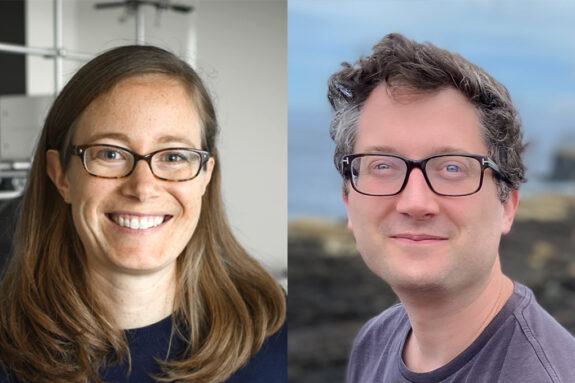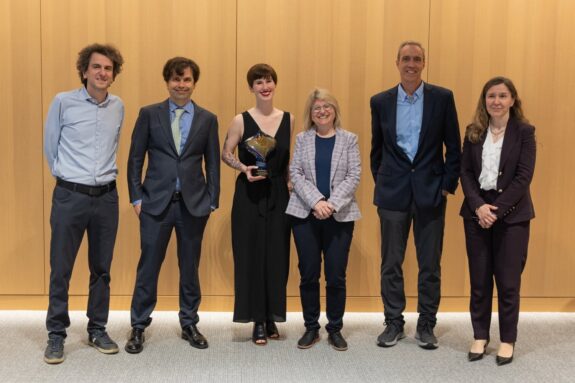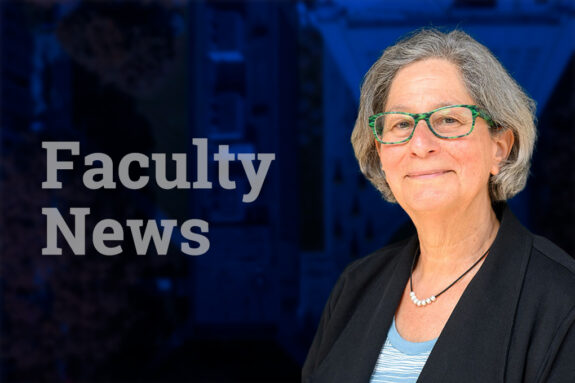
The National Science Foundation (NSF) has selected MIT Department of Earth, Atmospheric and Planetary Sciences (EAPS) Professor Andrew Babbin as a recipient of their prestigious Faculty Early Career Development (CAREER) program. The CAREER award, first started in 1995, seeks to support early-career faculty that serve as academic role models in both research and education.
“It’s a well-established program that allows us to marry research, education, and outreach for the next five years,” says Babbin, a Cecil and Ida Green Career Development Professor.
Babbin’s CAREER proposal, “Carbon, nitrogen, and oxygen biogeochemistry at the scale of a sinking marine particle”, aims to study marine snow, or particles of organic “gunk” in the ocean that sink down from the surface, and the role it plays in atmospheric chemical composition. Marine snow is a pathway by which carbon from the atmosphere can be transported into the lower depths of the ocean. The speed at which organisms consume this organic carbon and generate carbon dioxide influences atmospheric CO2 levels: when it happens quickly, carbon close to the surface gets released back into the atmosphere; the slower it takes place, the more time carbon has to sink, and the lower the atmospheric concentration and the longer the carbon is sequestered in the deep. Babbin’s lab wants to study the mechanisms that control this cycle and influence the colonization and metabolism of the microbes involved; understanding these fundamentals can expand our knowledge about the role these microbes play in ocean carbon sequestration and climate change.
“I think that we learn best with when tackling real questions,” says Babbin, which is why his proposal emphasizes more than just research. The CAREER award also includes an important education component, requiring applicants to include ways to use their research to further teaching at different academic levels. As part of his proposal, he is working with five different high school teachers to develop laboratory chemistry modules that teach high school students general chemistry through the lens of oceanography.
“Rather than typical labs, which can sometimes focus on more abstract experiments, we’re interfacing with high school teachers to adapt existing modules to a marine context,” Babbin explains. “The hope is that through early exposure we can attract more and diverse students into this field, particularly in this moment of heightened climate awareness.”
In addition to high school learning modules, Babbin is working to develop a new MIT lab class teaching ocean chemistry and climate change. He’s had success so far piloting his field oceanography course, but he wants to expand the scope of the class to give students the chance to develop their own hypotheses to develop and test instead of a more regimented protocol. He plans to start implementing both the new MIT course and the high school labs in the next academic year, and looks forward to innovating these courses over the next five years.
The CAREER award will provide funding to Babbin’s lab for five years, totaling over $900,000, giving him the time and resources necessary to achieve the scope of the project.
“It is an incredible honor,” he says. “We’ll be able to fund some cutting-edge science, support lab personnel, and make a mark on high school and MIT education. We cannot wait to get started.”



